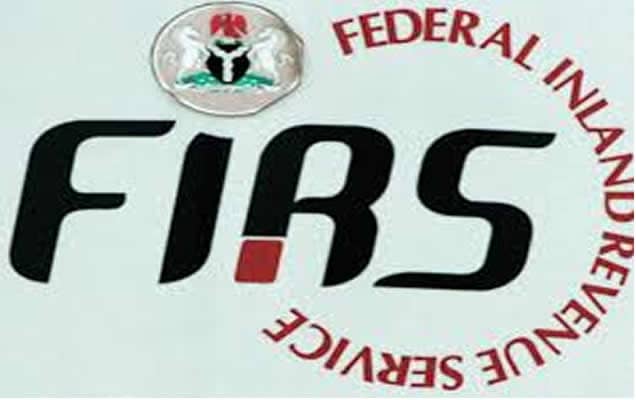
The Federal Government of Nigeria is pressing ahead with critical tax reforms aimed at boosting revenue and efficiency, in a bid to access a $750 million loan from the World Bank.
The loan is part of a broader $2.25 billion package approved by the World Bank to bolster Nigeria’s economic stability and support its vulnerable populations. However, disbursement of the loan is tied to specific fiscal and governance conditions.
To meet these conditions, the government plans to increase Value-Added Tax (VAT) collections, strengthen tax and customs administrations, and implement excise reforms on health and environmentally harmful products. Additionally, the government aims to enhance transparency in oil and gas revenues.
As part of the reforms, the government is considering a bill that proposes an increase in VAT rates from 7.5% to 10% by 2025, and further to 12.5% by 2026-2029. The bill also seeks to introduce excise duties on telecom services, gaming, and betting, as well as reintroduce excises on electronic money transfers.
The Federal Inland Revenue Service (FIRS) and Nigeria Customs Service (NCS) will receive $5 million each in technical assistance and capacity-building funding to support the implementation of these reforms.
The Accelerating Resource Mobilisation Reforms (ARMOR) programme, under which the loan is provided, aims to improve tax revenue and efficiency. The programme includes targets such as registering 660,000 VAT filers and launching an e-invoicing system for VAT traders.
The loan agreement, signed between Nigeria and the World Bank, outlines specific disbursement-linked indicators that must be met before the loan is released. These indicators include increasing VAT collections to 1.8% of non-oil Gross Domestic Product and unlocking $105 million of the loan.
The government’s tax reform efforts are expected to enhance revenue generation and improve the country’s economic stability.
